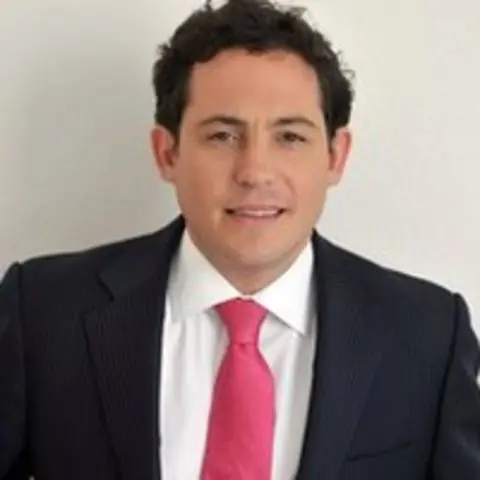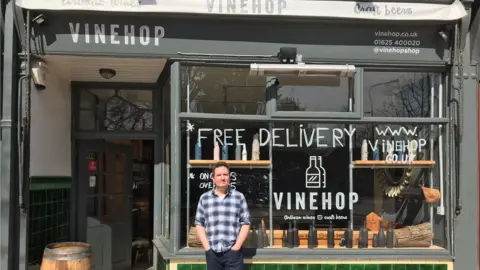Natwest struggling with calls for emergency loans

Britain's biggest business lender has told the BBC that it is receiving nearly 10 times as many calls as usual from firms wanting to take out emergency loans.
Despite the Chancellor's announcement of an unprecedented package of £330bn in 80%-government-backed loans, there is little evidence that the support is hitting the target yet.
Alison Rose, Chief Executive of Natwest Group (formerly known as RBS), the biggest lender to UK businesses by far, said that although some of the money was beginning to get through, they were facing operational challenges in delivering these unprecedented financial assistance programmes.
'We need cash now'
"Our call centres normally take 3,000 calls a day; we are now receiving 25,000 which is why I'm redeploying staff, retraining staff and getting people to help," she said.
"The money is starting to move but I appreciate it is a very desperate situation for a lot of businesses.
So far, less than 1% of the amount offered has been delivered.
Dominic Patterson owns a bar and wine shop in Poynton in Cheshire. He was promised a call back from his bank the next working day - that was 2 weeks ago.
"We are really struggling. We need cash now. We have suppliers to pay. We want to pay them."

Businesses like Dominic's are facing an economic race against time for survival.
That's despite changes designed to make it easier and quicker for business to borrow.
Eleven years ago, banks were saved by billions of pounds of tax payer money. Many feel the banks should take some losses on the chin this time around and accept they may not get back all of their money.
"I recognise the challenge you are putting down, which is why we restructured our business, we refocused our people; we are putting funds out as quickly as we physically can to these businesses to help them during this period," Ms Rose told me in response.
She goes on to say that the banks are "not about to start writing blank cheques."
Some would argue that's exactly what the taxpayer did 11 years ago to save the banking industry. To be clear, there are no easy solutions to the greatest post-war crisis to Britain's health and economic system.
But it seems clear many UK businesses are unable or unwilling to borrow their way out of this crisis.
More radical solutions are being discussed - including the government or the banks - or both - taking an ownership stake in thousands of business. Treasury sources told the BBC that this is "not on the table right now - it depends on how things evolve."
A decade ago many banks were partly or totally nationalised. This time it could be large parts of the entire UK economy.
Unthinkable even three weeks ago, let alone 11 years.
